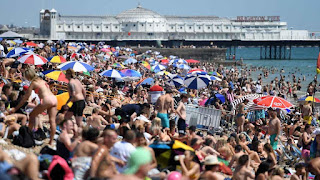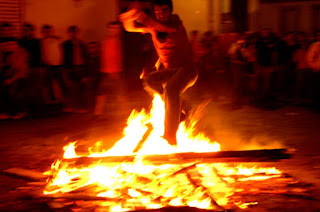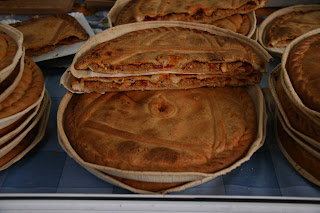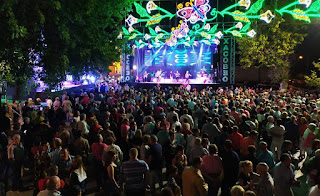The Adjusted Normal, 16. A Trip to the Clinic
Last evening, I started to feel familiar twinges and decided to go to the clinic to forestall the coming urinary tract infection. I don't have them too often, but they are a big bother when they do appear. It was close to ten thirty when I drove down, the band of clouds to the west and southwest purple and peach against the greenish-blue sky. Where the sun had set, the sky was still a light pink. There were still plenty of people about, some had probably only recently left the beach. I arrived at the primary care clinic and parked. I hadn't been to the clinic since before Covid. There were four people at the door, all wearing masks. I asked what had happened, and my cousin's wife, who was there with their youngest daughter, said that now we all had to wait outside. The procedure was to ring the bell, someone would come take our information and health card to register us, and then we wait outside. Inside I could see at least four chairs blocked off, to avoid people si...






